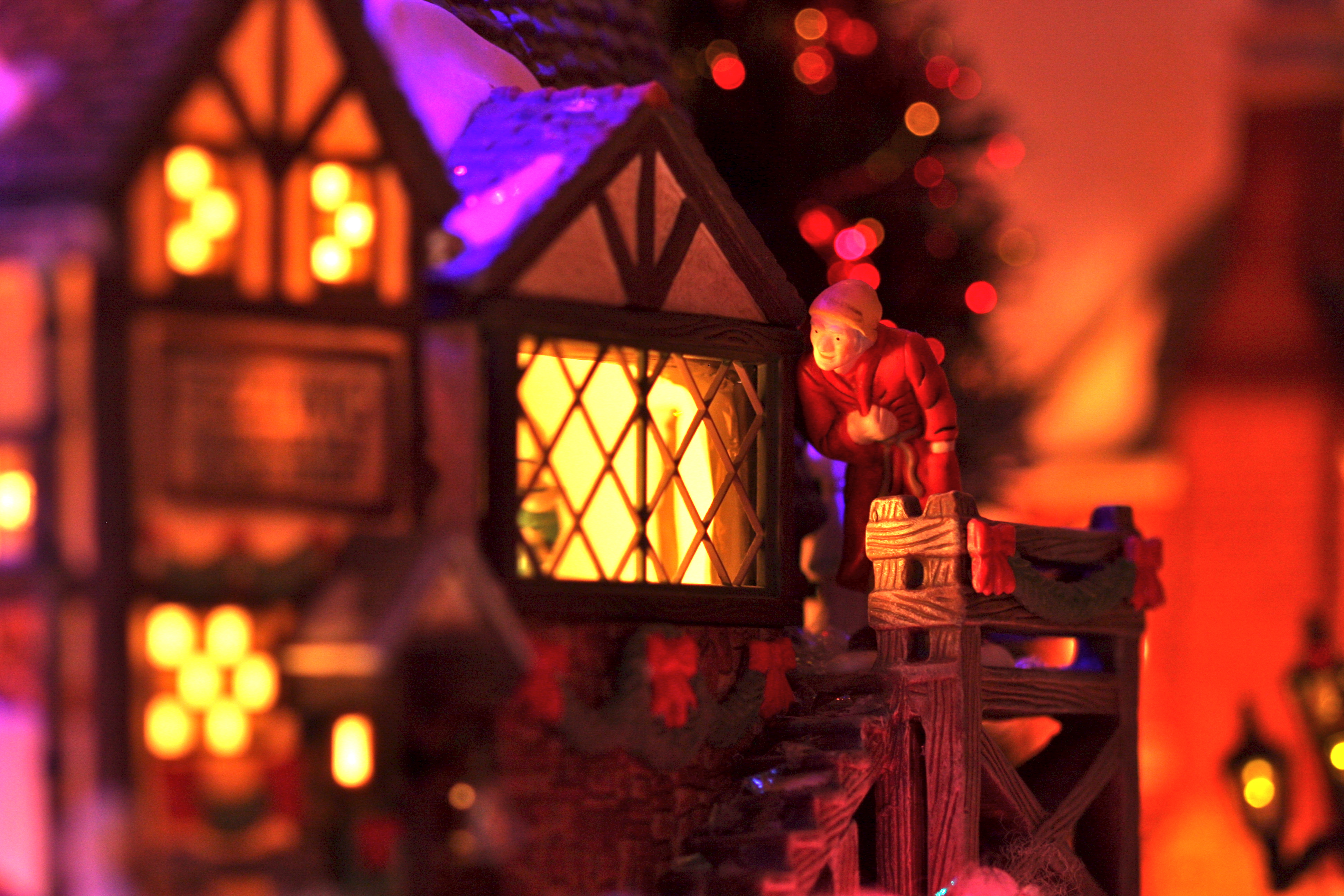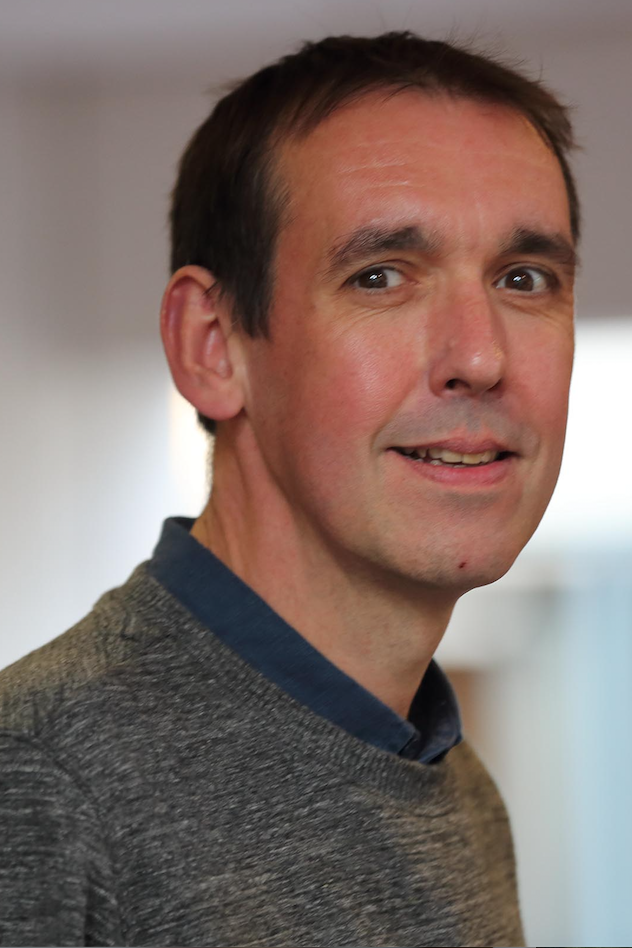Christmas past, Christmas present and Christmas yet to come - what the Dickens is time?

When the ghosts of Christmas visit Ebenezer Scrooge, he is treated to three very real visions – the past, the present and the future. A Christmas Carol by Charles Dickens delivers the lesson of goodwill through one of the first fictional imaginings of time travel, but did Dickens ever consider that it might also highlight how we should think about time itself?
How do we humans experience time and is time actually as we experience it? We have a tendency to think of the future as a realm of mere possibility, the past as having slipped out of existence, and it’s only the present that’s real. But should we in fact think of all events in time as being equally real, with time the grid within which they are arranged - just as the objects arranged in different places in space around us are all equally real?
These issues have long occupied researchers in psychology as well as physics and metaphysics. Christoph Hoerl, a professor working at the University of Warwick, is interested in bringing these perspectives together.
“Time can seem to fly over the Christmas period when you’re having fun and there’s so much on. Or it can seem to drag, if you’re stuck with the relatives you avoid for the rest of the year. Yet, regardless of how fast or slow you think it goes, the common feeling is that time somehow flows like an ever-moving river and moments pass in a continuous movement, with future events approaching us and past events receding from us.
“And in this flow the present moment somehow has a very special status – the now seems quite different from times already in the past and those yet to come,” explains Professor Hoerl. “Events that have already happened and events that are still to come don’t seem to possess the same reality as what is happening right now, and we always seem to stand right on the cusp between a past, of which only a shadow still exists, and a future which is still open.”
Don’t trust your feelings
But ask physicists and philosophers – the people who make it their business to think about the nature of time – and most of them will say these general feelings and thoughts on time are actually completely wrong.
“On closer inspection, some of these thoughts don’t even seem to make sense,” continues Professor Hoerl. “How can the present moment in time really be special out of all other moments in time, if all of these other moments in time also get to be ‘the present’ when their time comes? Similarly, if time really flows or passes, there should be a rate at which it does so. But the only possible answer to the question as to what that rate is seems to be 'one second per second' or 'one minute per minute’. This seems a rather odd answer – how can we use time itself to measure the rate at which time supposedly changes with time? This suggests that there is something wrong with the original question in the first place.”
The distinction between past, present and future is only a stubbornly persistent illusion – Einstein
“It gets worse,” continues Professor Hoerl. “Much of what modern physics tells us about time also seems to go against the grain of these ways in which we ordinarily think about time. A physical explanation of an event doesn't care about whether that event is present, future or past. The idea of the passage or flow of time plays no role in many current physical theories. Of course, in the description physics gives of the world, it is still true that some events happen before others. But nothing ever changes about which events happen before which others. These are just facts about how the universe is arranged in time, just as it's a fact about how things are arranged in space that Rome is further south than London.”
And remember Einstein? He said it followed from his theory of relativity that “the distinction between past, present and future is only a stubbornly persistent illusion.” Professor Hoerl explains: “The ‘relativity’ in Einstein’s theory refers specifically to the idea that you can have a situation in which one person observes two events as happening at the same time, whereas another person observes the same two events, but with a lapse between them. Relative to each observer, these observations are both correct. Yet if there is no definite fact that those two events either happen at the same time or succeed each other, the idea that there is one moment in time that is demonstrably present and has a different status from all other moments in time is also hard to make sense of.”
So, if time is quite different from the way we think it is, where do these beliefs we have about time actually come from? This is what an interdisciplinary team of researchers led jointly by Professor Hoerl and by Professor Teresa McCormack, a psychologist at Queens University Belfast, are seeking to investigate over the next three years in the context of a project sponsored by the UK’s Arts and Humanities Research Council.
Time to decide
Professor Hoerl explains: “Ask most people where we get the idea from that time passes, or that the present moment is special, they will say that that is how we experience things. But that doesn’t tell us very much because it’s not clear what they mean by ‘experience’ in this context. Time is such a fundamental and pervasive aspect our lives that it factors into our thinking in many different ways, from the fact that we can just see, hear or feel things moving or changing over time to the fact that we can engage in what is sometimes called ‘mental time travel’ by recollecting past events or anticipating future ones.
“We are looking at the different kinds of experimental work that psychologists working on time have been carrying out to try and pinpoint the source of the beliefs that time passes, or that the present moment is ‘special’. While there has been plenty of work on the psychology of time, very little work to date has sought to address these particular questions.”
There is potentially more than just an academic interest behind this project. Experiential work in psychology has also demonstrated that the way people think about time can sometimes warp their decision-making. Studies have shown that people are inclined to pay more for work to be carried out in the future than if they are paying for the same work but it has already been carried out. Research also exists which shows people are more likely to apply harsher punishments to future offences than past ones.
Back to reality
“There is an element of irrationality in this and other ways in which we treat events depending on whether they lie in the past or in the future and how near or far in the past or future they lie. So realizing that some of the ways we think about time are misleading might also have some practical consequences, and countering the bias we have towards thinking that only the present is real could make us better at making decisions,” adds Professor Hoerl.
So, with this is mind, perhaps we should all take the lead from Ebenezer Scrooge this Christmas when he says: "I will live in the Past, the Present, and the Future. The Spirits of all Three shall strive within me. I will not shut out the lessons that they teach!"
Published
16 December 2016
 Professor Chrisoph Hoerl, from the University of Warwick's Department of Philosophy, works on a number of different issues in the philosophy of mind and philosophy of psychology. He is particularly interested in philosophical questions about the nature of temporal experience, memory, and our ability to think about time.
Professor Chrisoph Hoerl, from the University of Warwick's Department of Philosophy, works on a number of different issues in the philosophy of mind and philosophy of psychology. He is particularly interested in philosophical questions about the nature of temporal experience, memory, and our ability to think about time.
Images
Scrooge and the Ghost of Christmas Past Christmas photo by Kevin Dooley (CC BY 2.0).
Terms for republishing
The text in this article is licensed under a Creative Commons Attribution 4.0 International License (CC BY 4.0).
Share

